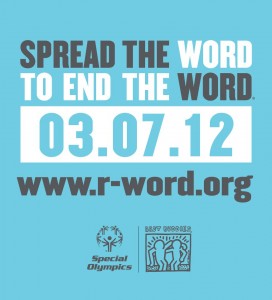I’m sitting there doing something when I being to feel I’ve heard the toilet flush about five times in a row. Then I hear my younger son Ned call, “Alex has flooded the toilet!”
I round the corner off our living room and there’s half an inch shining across the black and white tiles of the bathroom floor. My temper takes a predictable turn when I see the water. I step right into the water with my sneakers. Screw it. Except, to paraphrase Fargo, “He don’t say ‘screw’, if you get what I’m sayin’.”
“Ned!”
“What?”
“Ned, I need your help!”
How come I can’t call on Alex? How come all I can do is yell at him to get the hell out of the bathroom?
“Jeff, I’m coming!” says my wife Jill.
“I’m not talking to you! Ned, bring me the dustpans!”
The only bathroom trouble my 13-year-old son Alex has ever had – aside from aim, which as a guy I can tell you is over-rated – is a glass-eyed fascination with running water. He runs the faucet long enough when brushing his teeth to draw an environmental rebuke from Ned. His companion Daniel says he loves looking over the side at the Staten Island Ferry as the waves wash by; maybe it’s the whitecaps rising and fading, or the rushy sound.
I’m talking to no one as I use the dustpan (“Thank you, Ned! Good man.”) to scoop and dump splash after sort-of brown splash into the tub. The dustpan is flat and the floor is flat; doesn’t that make sense? Besides, months ago Alex, who has autism as if one couldn’t guess, ripped the crap out of the car-washing sponge we bought for these floods.
The flood has something to do with the toilet paper being near the end of its roll. Reports Jill, “I heard Ned telling Alex, ‘Stop using so much toilet paper!’” Sounds about right for my life.
“Ned, bring the Swiffer!”
Ned, who’s 11, helps: He lugs the sopping beach towels – it’s deep winter so who cares if we use them, and we use them to make the bathroom floor stop shining – in a bag to the basement laundry room. We sent him back in half an hour to put them in the dryer. He gets a laundry lesson, so that’s a plus.
We must look at the plusses. Alex has learned a lesson about flushing five times in a row – maybe. Ned has learned a household chore. We get the clean bathroom floor until Alex goes in there again, this time for legit business. Aim remains over-rated.











